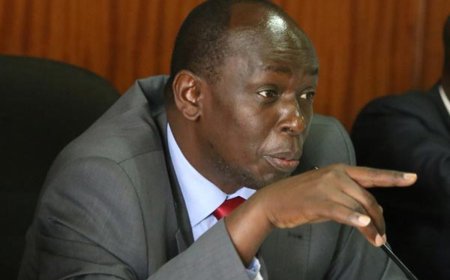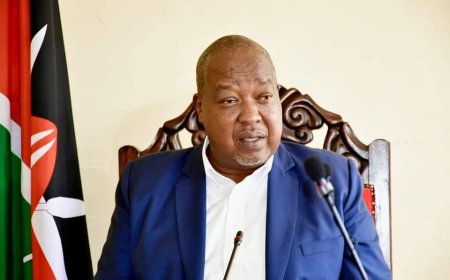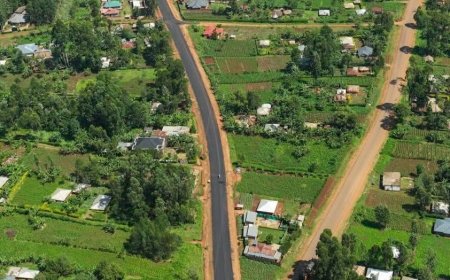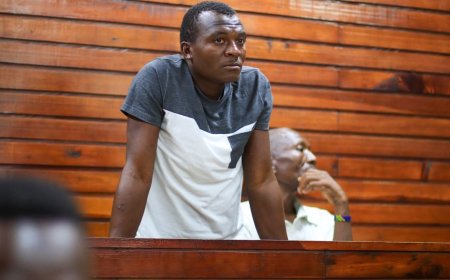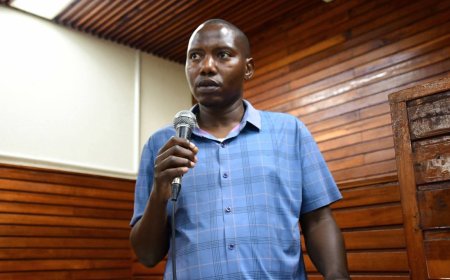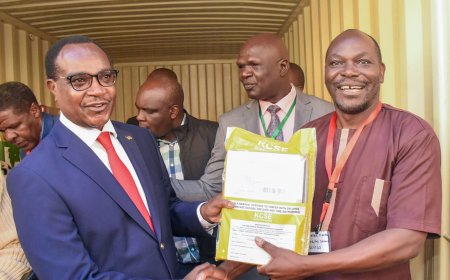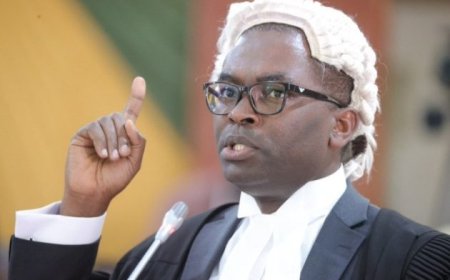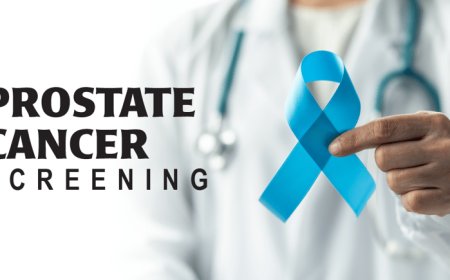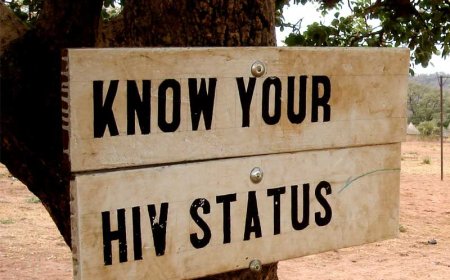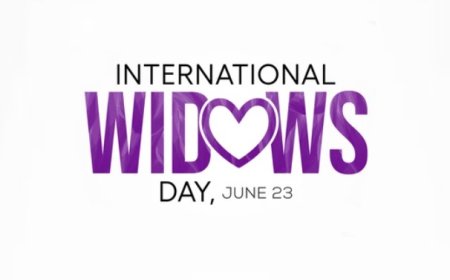Call for awareness and advocacy in cerebral palsy
By raising awareness and advocating for increased and targeted investment in healthcare infrastructure, specialized training for medical professionals, and accessible rehabilitation programs, there is a tangible hope of significantly improving access to comprehensive care and robust support for individuals with CP across the entire country.
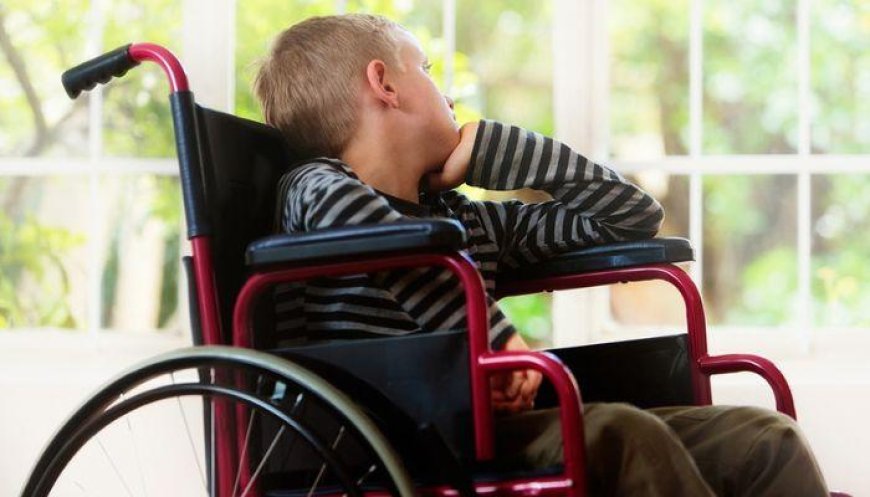
Cerebral Palsy (CP) remains a misunderstood and stigmatised condition.
Despite affecting thousands of individuals, awareness and understanding of CP among the public, healthcare professionals, and policymakers are often lacking.
This lack of awareness can lead to misconceptions, discrimination, and inadequate support for those living with cerebral palsy.
In Kenya, grassroots organizations, healthcare providers, and advocacy groups have been working to raise awareness about CP and improve the lives of those affected.
One of the key challenges in Kenya is the limited access to specialized medical care and rehabilitation services, particularly in rural areas Many families struggle to afford treatment and therapy, leading to a cycle of poverty and exclusion.
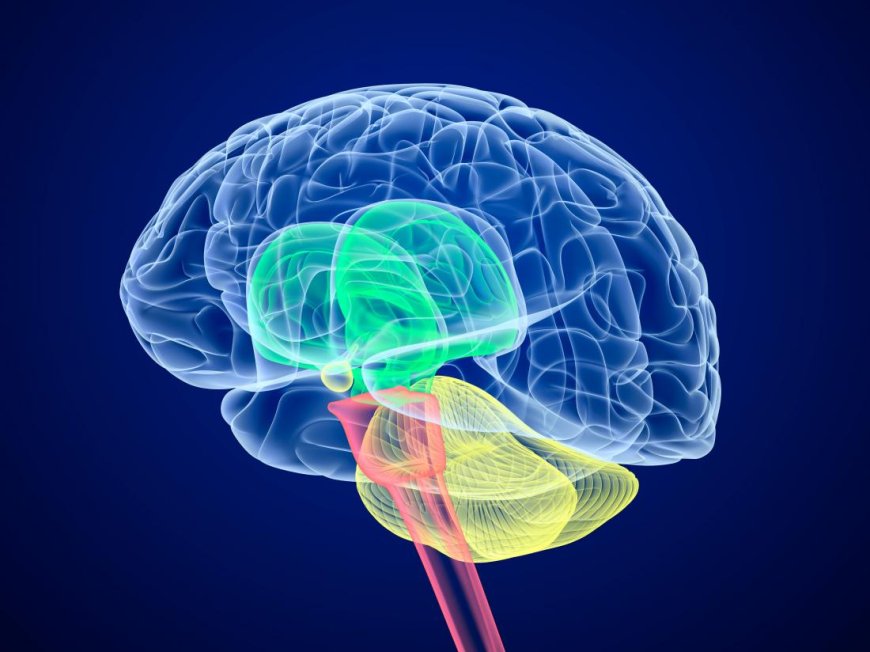
By raising awareness and advocating for increased and targeted investment in healthcare infrastructure, specialized training for medical professionals, and accessible rehabilitation programs, there is a tangible hope of significantly improving access to comprehensive care and robust support for individuals with CP across the entire country.
Education plays an undeniably crucial role in fostering understanding and acceptance of CP within society, moving beyond mere tolerance to genuine inclusion and respect for the diverse abilities of every individual.
To effectively address these multifaceted challenges, a comprehensive national strategy is essential, building upon the commendable efforts of existing organizations.
This strategy must encompass several key areas, beginning with enhanced public awareness campaigns.
National initiatives, leveraging diverse media channels like community radio, national television, and popular social media platforms, are critical to demystify CP.
These campaigns should actively dispel myths and stereotypes, emphasizing that CP is a neurological condition, not a contagious disease, a curse, or a result of witchcraft.
They must also highlight the wide spectrum of CP, illustrating its varied manifestations and showcasing that individuals with CP can lead fulfilling and productive lives with appropriate support.
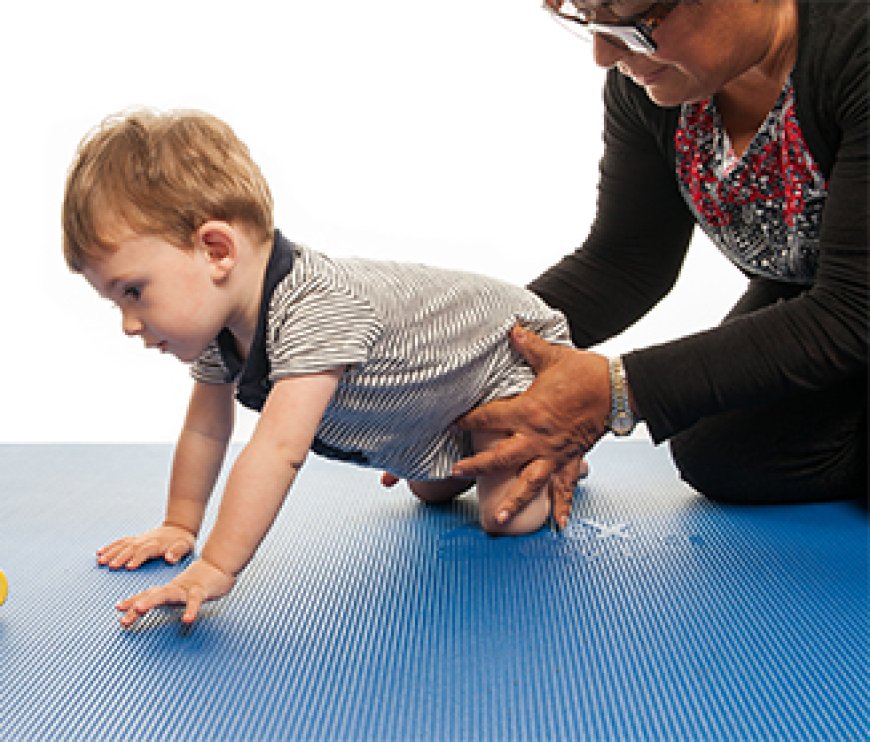
Crucially, these campaigns should promote early identification, educating parents and caregivers on developmental milestones and early signs of CP to facilitate timely medical intervention, which is paramount for better outcomes.
Ultimately, the goal is to foster empathy and inclusion, shifting societal attitudes towards greater acceptance, respect, and the full integration of individuals with CP into all facets of community life, from schools to workplaces.
Finally, robust policy and legislative frameworks are essential to underpin these efforts.
While Kenya has ratified the Convention on the Rights of Persons with Disabilities, stronger enforcement of existing disability rights legislation is crucial to guarantee equal opportunities and non-discrimination for individuals with CP in education, employment, and public life.
What's Your Reaction?
 Like
2
Like
2
 Dislike
0
Dislike
0
 Love
0
Love
0
 Funny
0
Funny
0
 Angry
0
Angry
0
 Sad
0
Sad
0
 Wow
0
Wow
0




